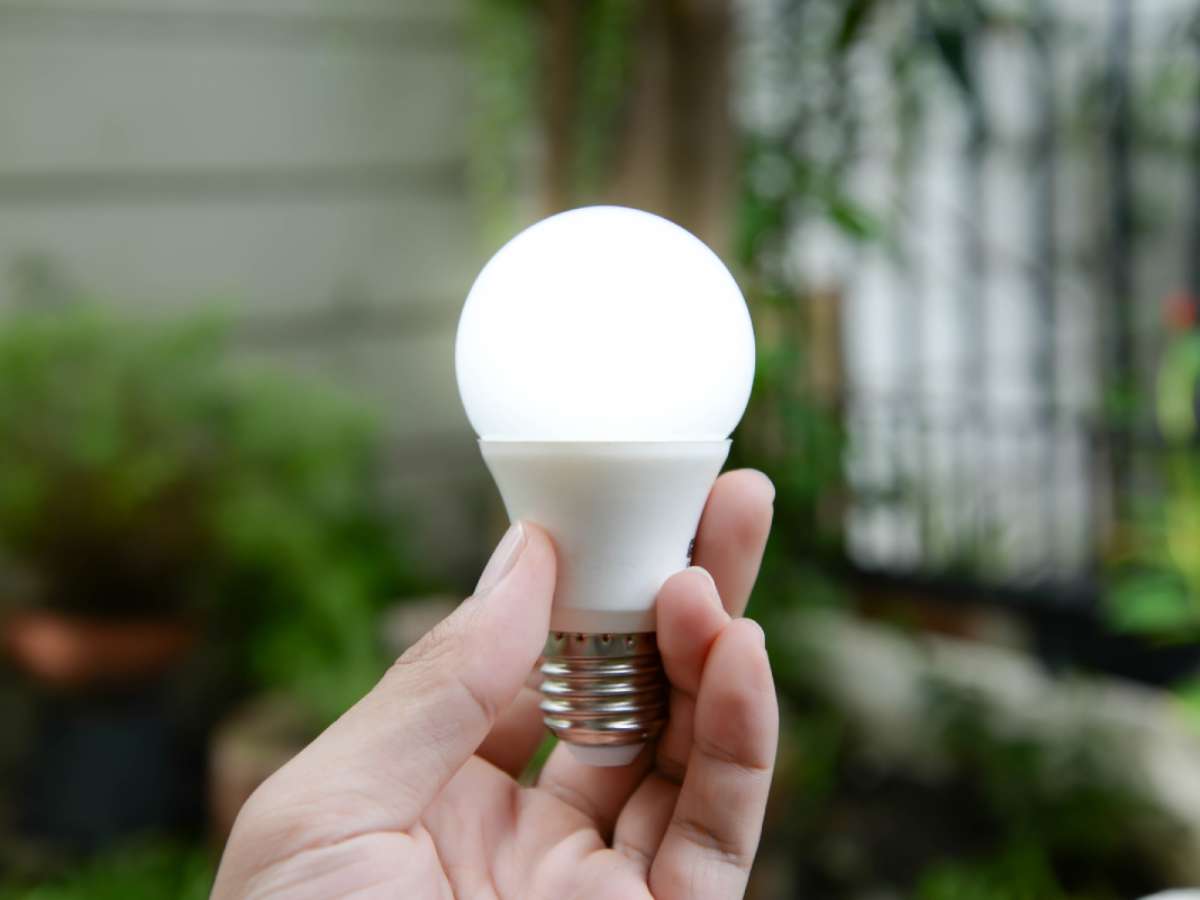 Who knew considering a tankless water heater was so complicated and difficult? Not me.
Who knew considering a tankless water heater was so complicated and difficult? Not me.
After talking with Gavin Richardson last week about his new tankless water heater, I’ve been doing A LOT of research on the subject.
Here are some questions that need to be answered when considering a tankless water heater:
- Should you go with gas or electric?
- Are both equally efficient?
- How much can you actually save with a tankless water heater?
- How much would it cost to install?
Let’s jump into some of those questions, shall we?
First, it’s helpful to have some details about conventional water heaters.
Old House Web says:
A conventional gas water heater costs about $380, uses $179 in fuel a year and should last about 13 years. That’s a total (life-cycle cost) of $2,707. A standard electric water heater costs more than twice as much to run and has a life-cycle cost of $5,680. Ouch!
It’s not hard to see why the Office of Energy Efficiency & Renewable Energy (EERE) says that a conventional storage water heater accounts for up to 30% of the average home’s energy costs.
How Much Can You Save By Installing A Tankless Water Heater?
The EERE’s Tankless Water Heater Consumer Guide reports:
For homes that use 41 gallons or less of hot water daily, demand water heaters can be 24%-34% more energy efficient than conventional storage tank water heaters. They can be 8%-14% more energy efficient for homes that use a lot of hot water–around 86 gallons per day. You can achieve even greater energy savings of 27%-50% if you install a demand water heater at each hot water outlet.
Despite the rumors that float around, both electric and gas powered whole house tankless water heaters perform almost equally efficiently (based on my in-depth research).
That said, there are a great many factors to consider when selecting the best tankless water heater for your home.
Plumber Surplus has, in my opinion, the best tankless water heater buying guide out there.
Here’s a video from that guide:
Things To Consider When Buying A Tankless Water Heater
- Fuel Type (electric or gas)
If considering an electric tankless water heater, be sure to factor voltage, amperage, and your circuit breaker capacity into your decision.
If considering a gas powered unit, consider the gas type (natural gas or propane) and venting requirements.
- Location, size, and hot water demand
- Application (point of use, like a single faucet, or whole house).
The only difference in a gas and electric powered system is the flow rate. Tankless water heaters are classified by flow rate in gallons per minute simultaneously needed throughout the house. Flow rates ratings range from 1.5gpm to about 5gpm, respectively.
Electric tankless water heaters typically have a slightly lower flow rate than gas powered, but depending on the model, may save more energy by not requiring an always lit pilot light.
For more information on tankless water heaters, check out this article: Tankless Water Heaters – Do They Really Work?
For even more energy and water savings, check out the ChiliPepper Hot Water Pump!

This device delivers your hot water faster and without the need to run water down the drain as you wait for it to heat up…and it runs on only $2 of electricity a year! One customer claims to have saved 800 gallons in 6 months! Wow!
For those of you who’ve taken the plunge into the pool of instant, on-demand hot water with a tankless water heater, what are some tips and advice you have for choosing the right unit?



